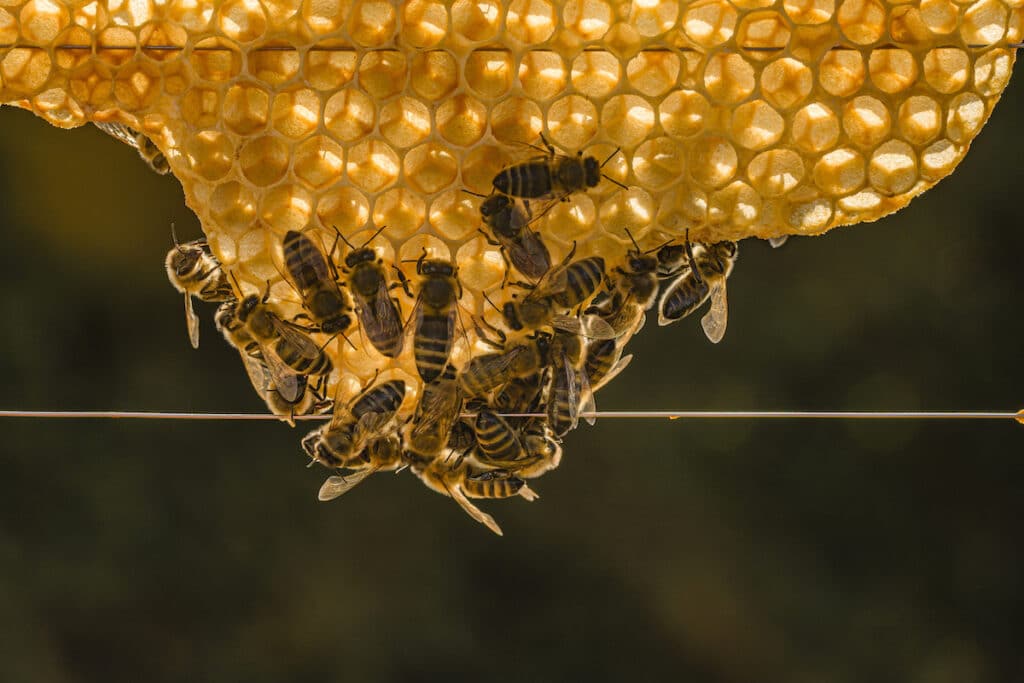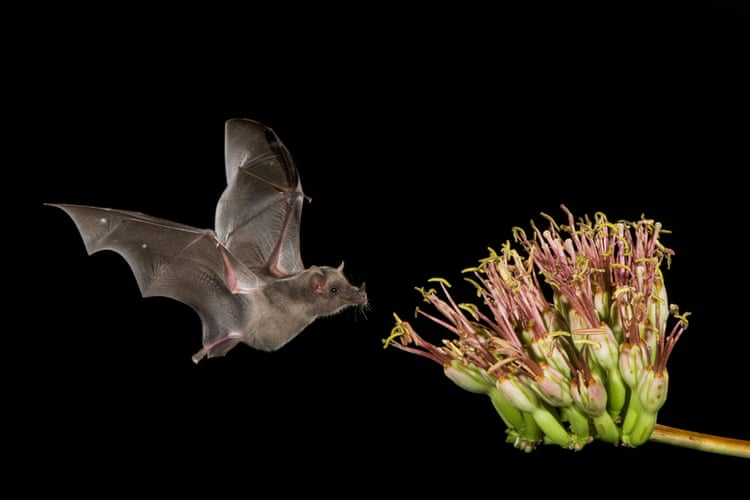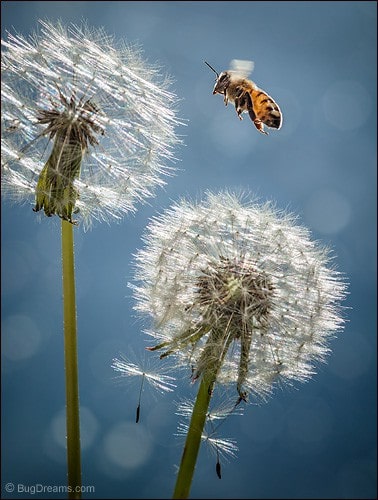Warm weather drives many people to step outside to soak up some sun. But as you enjoy your summer barbecue with friends and family, suddenly, a striped little visitor buzzes by. That buzzing intruder means one thing—you’ve got a wasp nest in your backyard. By late summer, wasp nests can house up to 10,000 busy […]
Tag: bee

How to Combine Traveling and Earning Money
Traveling while making a career has never been more achievable thanks to today’s globalized society. Thanks to the gig economy, digital nomadism, and remote employment opportunities, people now have more chances than ever to travel while also earning money while on the move – be it short trips or lifestyle changes! In this book we […]

Why Are Bees Making Less Honey?
Since the 1990s, honey yields in the United States have been decreasing, but scientists and honey producers have not known why, according to a press release from Pennsylvania State University (Penn State). Now, a new study by researchers at Penn State has revealed hints as to the reasons behind dwindling honey supplies. “Pollinators are an […]

Have Bats Moved into Your Shed? Signs to Look Out For
While many people wouldn’t choose to have bats roosting in their property, they can make their home in your house more often than you might realise. Sheds are often a popular setting for bats, along with lofts. If you think that you might have bats present in your shed, then it’s worth learning more about […]

A Four-toothed Mason Wasp
This lovely wasp can be found drinking nectar at flowers throughout the eastern United States right now. It is a good wasp to have around the garden because the females round up leaf-rolling caterpillars — the kinds that eat your plants — to provision their nests. When it is time to reproduce, the female wasp […]

Canon’s Best Macro Lens for Nature Photography: Canon EF 180mm f/3.5L
It may surprise you that I believe Canon’s 180mm macro lens to be the best macro lens for nature photography. After all, a few years ago, Canon released a new macro lens, the EF 100mm f/2.8L. It’s smaller, lighter, cheaper, auto-focuses faster, has a wider maximum aperture, and it even sports a new hybrid form […]

Little guys
Welcome! hello there! I’d write more but my hands are frozen and typing is no fun (excuses, excuses, eh? Mmhmm)! Yeah…Texas, what? 35 degrees this morning? I do not approve. I’m craving my happy-thriving temperature of 84 and above. This 30’s thing this is pretty unacceptable. I’m not made for this nonsense, guys! But hey, […]

Bee on Fire
This bee is on fire, making one last attempt to change a breeze’s direction, castaway seeds struggling to keep up. • Honey bee | Apis mellifera
